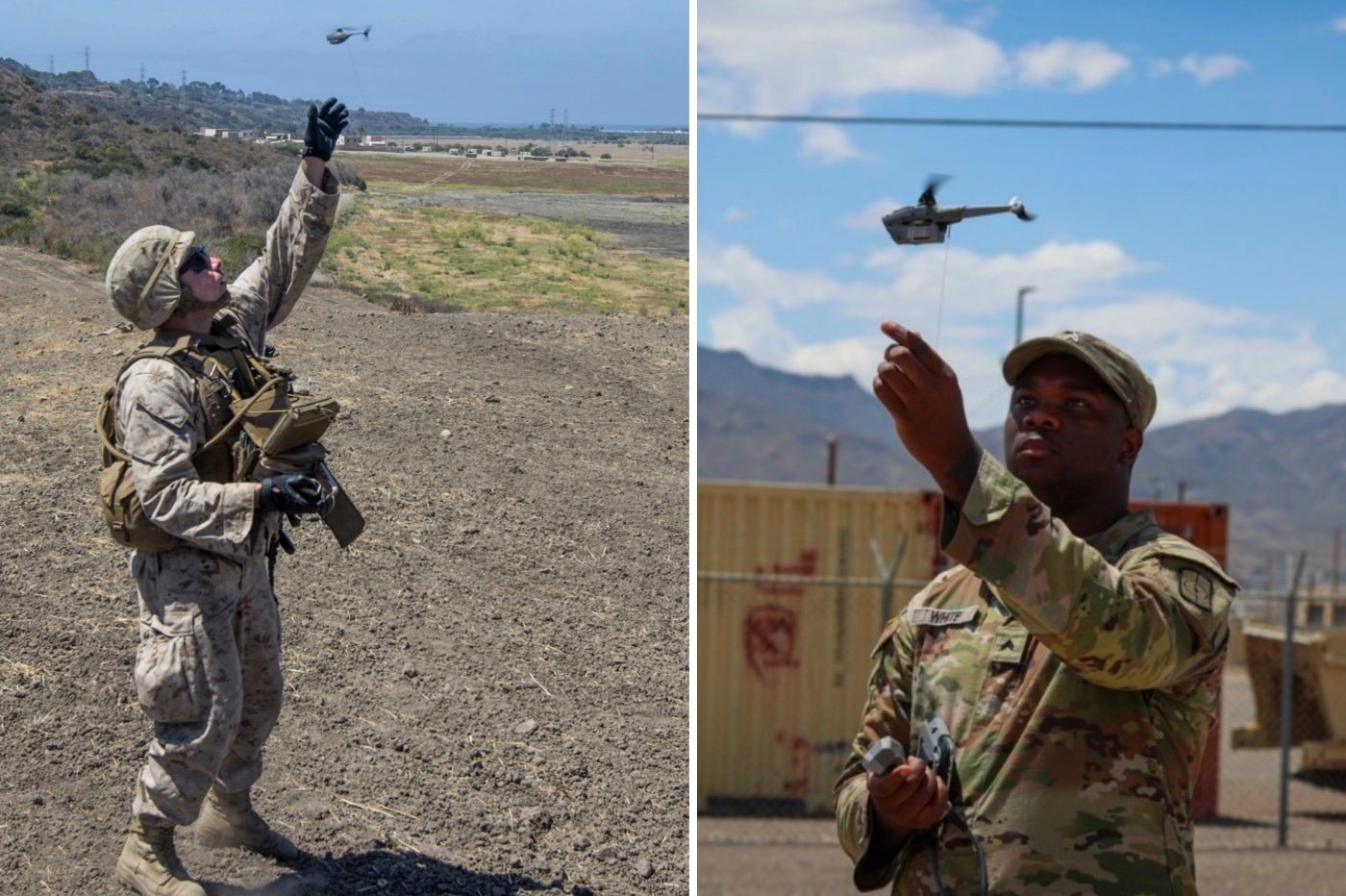In a stunning escalation of Middle East tensions, Iranian state media declared on Sunday that every American citizen and military member in the region is now a “legitimate target,” following the U.S. military’s precision airstrikes on three of Iran’s most critical nuclear facilities.
Operation Midnight Hammer, carried out late Saturday night, marks the most aggressive U.S. strike against Iran since the earliest days of the Global War on Terror. The operation targeted Iran’s nuclear sites in Fordow, Natanz, and Isfahan using a combination of GBU-57 bunker-buster bombs and Tomahawk missiles, launched with support from B-2 bombers and deceptive aerial tactics.
President Donald Trump, addressing the nation for just over three minutes on Sunday morning, declared the strikes a “spectacular military success,” adding that Iran’s nuclear program had been “obliterated.”
“If peace does not come quickly, we will go after other targets with precision, speed, and skill,” Trump warned.
Iran Responds: “The Battle Has Just Begun”
Iranian state television responded with fiery rhetoric, accusing the United States of “violating Iranian airspace” and declaring that American forces and civilians in the region would now be treated as combatants.
“Mr. President of the United States, you started it, and we will end it,” one Iranian anchor said, as state television ran a graphic highlighting the location of U.S. bases across the Middle East—ranging from Al Udeid Air Base in Qatar to Al Tanf Garrison in Syria.
BREAKING 🚨Iranian state media issued a threat to the U.S. by displaying images of U.S. bases in the Middle East and stating, "Mr. Trump, you started it, and we will end it." pic.twitter.com/nObfTfJStA
— Steve Gruber (@stevegrubershow) June 22, 2025
Iranian Foreign Minister Abbas Araghchi warned of “everlasting consequences,” and Iran’s Islamic Revolutionary Guard Corps (IRGC) launched a barrage of missiles into Tel Aviv Sunday morning, injuring civilians and damaging infrastructure. Israel retaliated swiftly, striking back at military installations in western Iran.
The Pentagon, meanwhile, has placed all regional U.S. military installations on maximum alert. There are approximately 40,000 U.S. troops stationed throughout the region.
Strategic Risks and Regional Isolation
While Iran still has the capability to retaliate, military analysts say its options are rapidly shrinking. Decades of attrition have degraded the effectiveness of its proxy network, with Hezbollah, Hamas, and Shiite militias in Iraq suffering heavy losses in recent years. Even longtime backers like Qatar and the UAE stopped short of condemning the U.S. strikes, calling only for “de-escalation.”
“Iran has no friends to speak of,” said H.A. Hellyer of the Royal United Services Institute. “They’re isolated, weakened, and under enormous pressure.”
The Cyber Threat Looms
Beyond traditional warfare, the U.S. is bracing for cyber retaliation. Iran’s cyber units, often linked to the IRGC, have a track record of targeting American infrastructure—ranging from dam systems in New York to major casino servers.
With recent budget cuts to America’s civilian cyber defense agency, CISA, experts are warning that U.S. systems may be more vulnerable than ever.
White House: “We’re at War With Iran’s Nuclear Program”
Appearing on Meet the Press, Vice President JD Vance framed the strikes as a calculated attempt to force Iran back to the negotiating table.
“We’re not at war with Iran,” Vance said. “We’re at war with Iran’s nuclear program.”
He added that Tehran had “stonewalled” diplomatic efforts, leading the U.S. to act before Iran could fully restore its nuclear capability.
“We had a limited window in which we could take out this Fordow nuclear facility,” he added.
What Comes Next
The Pentagon has not ruled out further military action should Iran retaliate against U.S. personnel or assets. Defense Secretary Pete Hegseth described the strikes as “months in the making” and warned that America would respond “swiftly and decisively” to any escalation.
Iran, for now, appears to be weighing its next move—caught between the need to project strength and the risk of triggering a full-scale war it likely can’t win.
“If Iran doesn’t respond, the cohesion of its regime could be seriously challenged,” Hellyer noted. “But if they fight back, they risk devastating retaliation.”
Why It Matters
This is not just another proxy skirmish. Operation Midnight Hammer marks the first direct U.S. strike on Iranian nuclear facilities—an unprecedented move that has sent shockwaves through the global energy markets, diplomatic circles, and every American FOB in the Middle East.
As military families brace for uncertain days ahead, and U.S. allies plead for restraint, one thing is clear: the Middle East has entered a dangerous new phase—and there’s no turning back.
© 2025 TheSaltySoldier.com. All rights reserved.
Reproduction or redistribution of this article is strictly prohibited without written consent.




